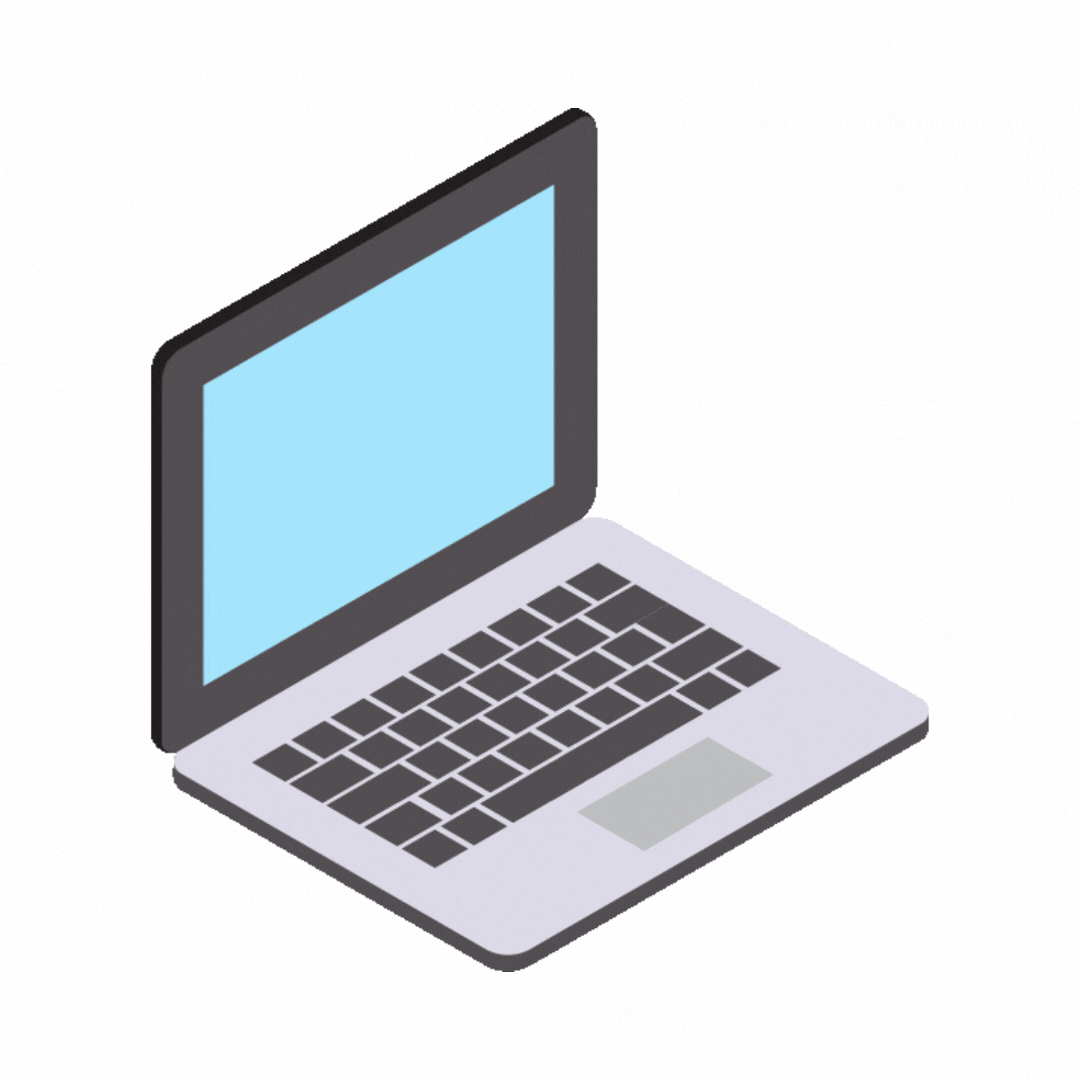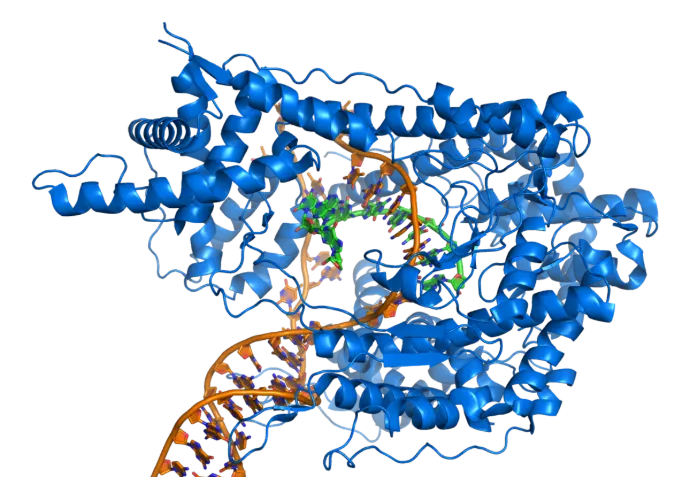Flow cytometry has become an indispensable technology in modern biomedical research, evolving from a basic cell-sorting tool to a sophisticated analytical platform capable of delivering single-cell, high-dimensional insights. In 2025, the field continues to innovate rapidly, pushing the boundaries of sensitivity, scalability, and automation.
Applications Expanding Across Research Fields
Flow cytometry’s versatility supports an expanding list of biomedical applications, including:

Infectious Disease Monitoring
- Single-cell analysis of viral Identify and phenotype infected cell subsets using intracellular cytokine staining (ICS) and virus-specific tetramers.
- Monitoring cytokine storms in severe infections
- T-cell activation assays: Assess antigen-specific responses during vaccine trials or convalescent immune profiling.

Stem Cell & Regenerative Medicine
- Identification of hematopoietic stem cells (HSCs)
- iPSC characterization during reprogramming stages
Cell Therapy & Biomanufacturing
- In-process monitoring of cellular products
- Purity and viability checks for cell-based therapeutics
Spectral Flow Cytometry
Traditional flow cytometry is giving way to spectral flow cytometry, which utilizes full emission spectra of fluorochromes rather than discrete optical filters. This allows for:
- Simultaneous detection of 40+ markers
- Reduced spectral overlap
- Enhanced flexibility in multicolor panel design
More Details
Nanoparticle and Extracellular Vesicle Detection
Emerging instruments now detect particles as small as 80 nanometers, enabling characterization of:
- Exosomes
- Microvesicles
- Synthetic nanoparticles used in drug delivery systems
This is particularly relevant in liquid biopsy and circulating biomarker research.
Modular and Compact Systems
New cytometry platforms in 2025 offer modular architecture, letting labs configure:
- Custom laser combinations
- Upgradeable detectors
- Integrated cell sorters
Compact benchtop models now deliver clinical-grade sensitivity in a smaller footprint—ideal for decentralized labs and academic settings.
Outsourcing and Core Cytometry Services
Given the complexity of modern cytometry, many research groups now turn to dedicated cytometry core facilities. These offer:
- End-to-end services (sample staining, acquisition, analysis)
- Access to expert technical staff
- Support with panel design and data interpretation
Such outsourcing is essential for labs working in translational research, where speed and accuracy are critical for preclinical validation and regulatory submission.

🔬 Spectral Flow Cytometry
Instead of measuring just one color at a time, spectral cytometry looks at the full light spectrum. It gives better results and makes it easier to study many markers without overlap.

🧠 AI and Software Tools
Today’s flow cytometers use artificial intelligence to analyze data faster. Instead of hours of manual work, AI can classify cells in seconds with high accuracy.

🧪 Mass Cytometry
New systems like CyTOF use heavy metals instead of dyes. This allows researchers to study more than 40 markers at once, with very low background noise.
